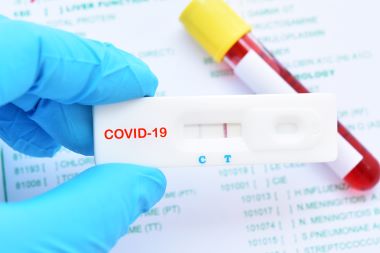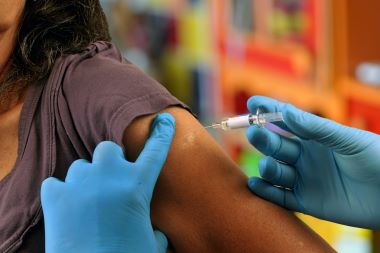Even though COVID-19 cases are through the roof (again), most areas are not seeing the same excessively high death rate they did last spring and over the summer. While this is clearly good news, the risk is that patients could interpret this as a sign that the virus is weakening. An article just published in MedPage Today points out why the data could be dangerously deceiving. With advances in both testing and treatment, more patients …
Read More









